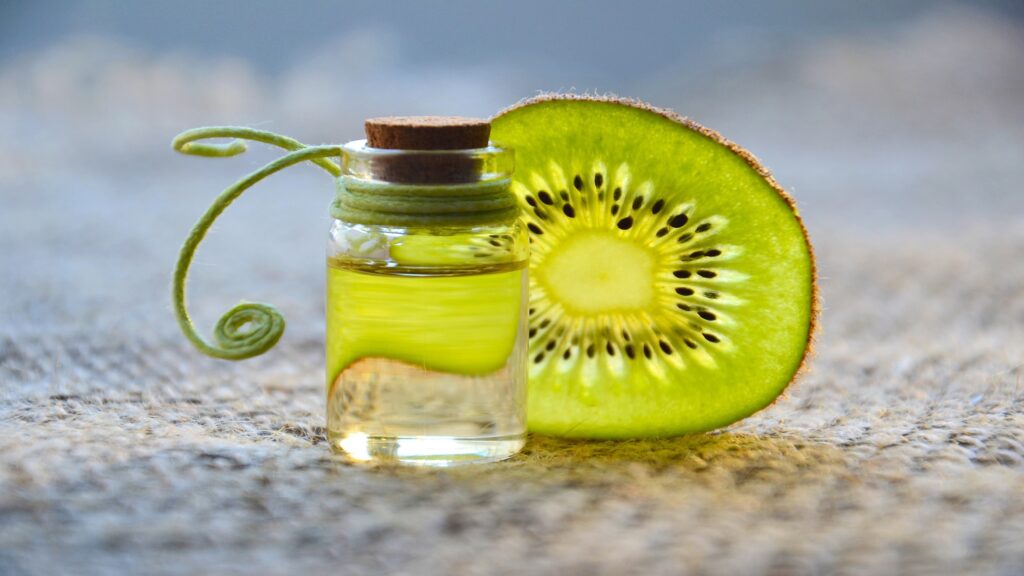
James Cook University scientists have discovered a technique to apply natural plant extracts such as Tea Tree Oil as a coating for medical devices, a process which could prevent millions of infections every year.
Professor Mohan Jacob, Head of Electrical and Electronics Engineering at JCU, leads a team investigating the problem. He said an increasing number of unplanned surgeries are being performed to fight infections — mostly caused by bacterial activity on medical devices and a subsequent ‘biofilm’ forming on them.
“Just in the US, about 17 million new biofilm-related infections are reported annually, leading to approximately 550,000 fatalities each year. It’s thought about 80% of worldwide surgery-associated infections may relate to biofilm formation,” he said.
Professor Jacob said the team converted plant-based products — known as Plant Secondary Metabolites (PSMs) — into polymer coatings for medical devices, including implants.
“They’re derived from such things as essential oils and herb extracts and they have relatively powerful broad-spectrum antibacterial activities. PSMs are a low-cost renewable resource available in commercial quantities, with limited toxicity, and potentially, different mechanisms for fighting bacteria than synthetic antibiotics.”
Professor Jacob said the group’s research tackled the persistent problem of how to convert the plant extracts from a liquid to a solid state as a coating for medical devices, without a significant loss of effectiveness.
Dr Katia Bazaka is an Adjunct Senior Research Fellow and team member. “We used plasma-enhanced techniques within a reactor containing the essential oil vapours. When the vapours are exposed to a glow discharge, they are transformed and settle on the surface of an implant as a solid biologically-active coating. These have shown good antibacterial properties,” she said.
“The main advantage of this approach is that we are not using other chemicals, such as solvents, during the fabrication process. As such, there is no threat of potentially harmful chemicals being retained in the coating or them damaging the surface of the material onto which the coating is applied. It also makes the fabrication process more environmentally friendly,” said Dr Bazaka.
Professor Jacob said the JCU group are currently the global pioneers in the development of plant-derived polymer thin films — publishing over 70 research articles and six PhD theses in the field.
Professor Ian Atkinson, Director of JCU’s eResearch unit and a collaborator on the project, said the work had recently been extended to target marine organisms, to prevent the growth of biofilms on aquatic sensors and their subsequent failure.
“Another attractive feature of these coatings is their optical transparency, which may be quite important if you are using them to coat contact lenses, or optical windows in aquatic sensors,” he said.
Professor Jacob and his PhD students are now collaborating with the Dr Peter Mulvey and Associate Professor Jeff Warner at the JCU-based Australian Institute of Tropical Health and Medicine to study the activity of different types of bacteria on the plant- based coatings.
Background
Even though synthetic antibiotics have been the best weapon for eradicating microbial infections since the arrival of penicillin, the overuse of these medications is gradually rendering them ineffective. Scientists think that if new strategies are not developed soon, medical treatments could retreat to the era where slight injuries and common infections develop into serious medical problems.
Most plants produce organic molecules as antimicrobial agents to combat harmful microorganisms. In the past few decades, progress in the synthesis of nanoscale materials, in particular plasma-assisted fabrication, has provided the means to retain the antimicrobial activities of plant secondary metabolites within bioactive coatings.
Though the JCU team investigated many natural precursors, their main focus was on the Australian based essential oil, Tea Tree Oil (Melaleuca alternifolia) and its components. As part of a PhD project, Dr Katia Bazaka developed antibacterial coatings from terpene-4-ol, which is a major component of Tea Tree Oil.
 Warding off superbugs with a pinch of turmeric
Warding off superbugs with a pinch of turmeric Antibiotics destroy ‘good bacteria’ and worsen oral infection
Antibiotics destroy ‘good bacteria’ and worsen oral infection Honey Could Be Effective At Treating And Preventing Wound Infections
Honey Could Be Effective At Treating And Preventing Wound Infections Coconut oil could combat tooth decay
Coconut oil could combat tooth decay